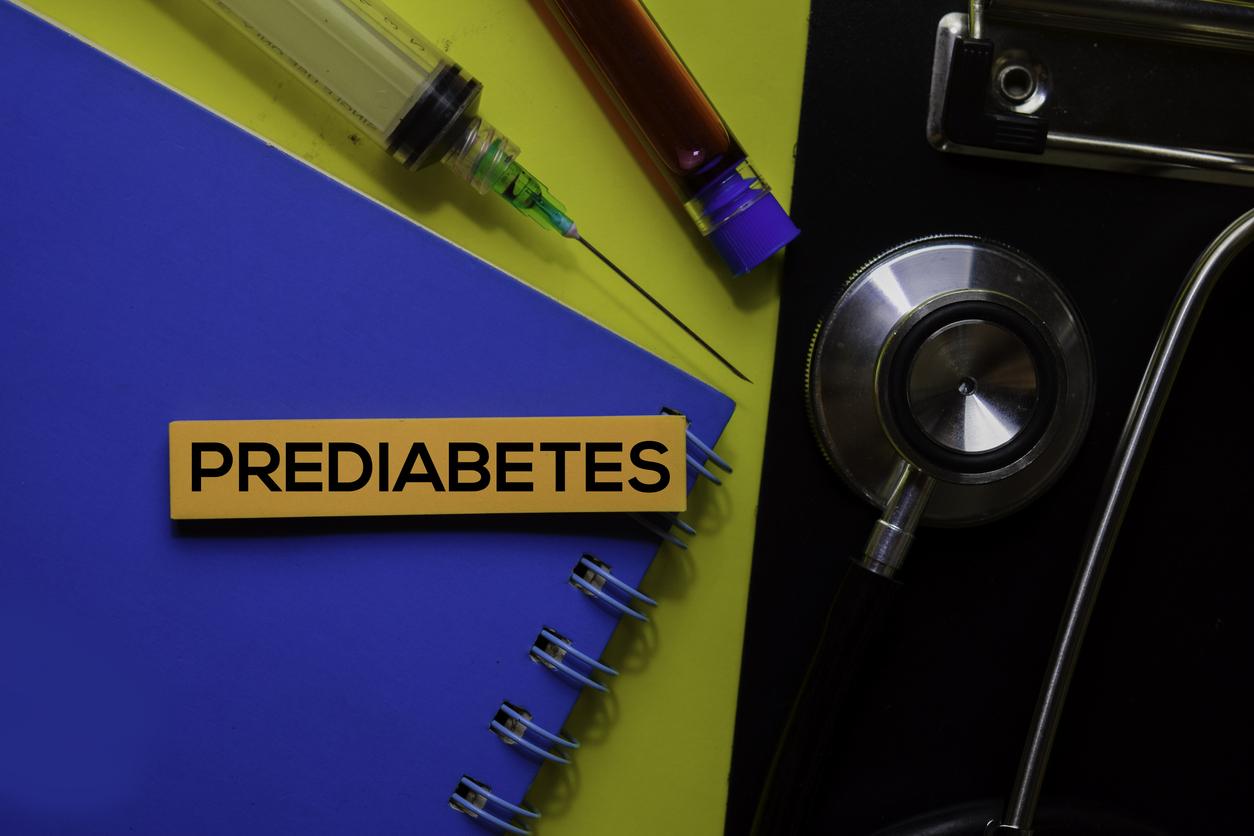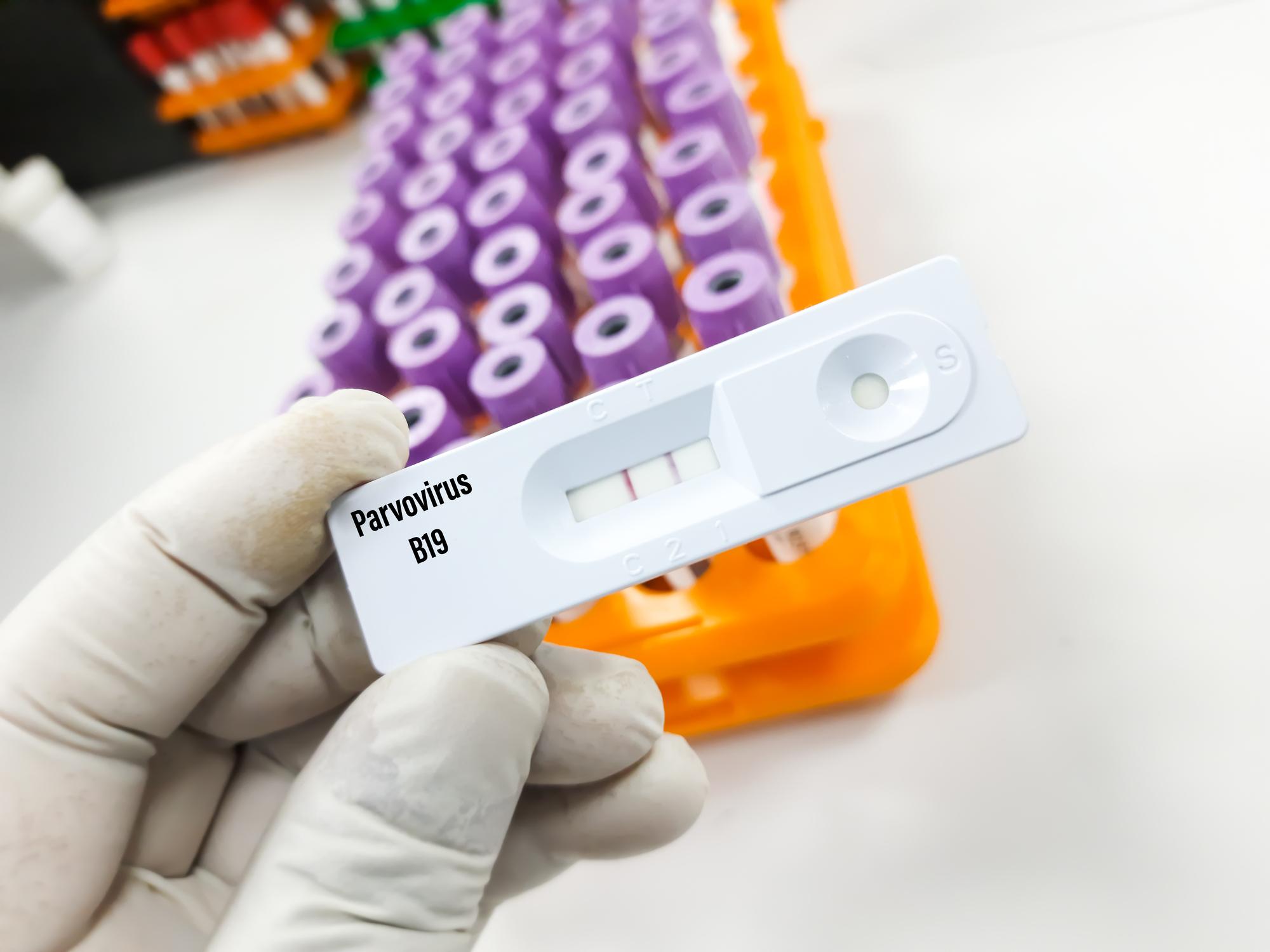
It is a pain reliever that is part of our daily life and it can be effective for patients suffering from a panel of cancers. Explanations.
Aspirin is an anti-inflammatory drug commonly taken for aches and pains such as headaches, toothaches, or period pain. In short, it can be found in all our cabinets dedicated to care and it can also be useful for treating colds and symptoms. “Flu-like”, but not only…
“The first evidence suggesting a benefit for cancer patients from aspirin was reported over 50 years ago”, say Cardiff University researchers and authors of a new study on the subject. The latter was published on July 2 in the medical journal ecancermedicalscience. The study is large, as scientists looked at nearly 118 observational studies and the effects of aspirin on 18 different cancers. “In approximately 250,000 patients, taking aspirin was associated with an approximately 20% reduction in cancer deaths, compared to those who did not take the drug.”, they explain.
Not an alternative but a complement
“Our research suggests that not only does aspirin help reduce the risk of death, it has also been shown to reduce the spread of cancer in the body – this is called metastatic spread ”, explains to Daily Mail Professor Peter Elwood, professor at Cardiff University and one of the study’s authors. “However, we must also stress that aspirin is not a possible alternative to any other treatment.“, he adds.
Thus, the Daily Mail reveals that the most “frequent” cancers such as colon, breast, prostate, nasopharynx, esophagus, liver, gallbladder, pancreas, bladder, lung are cancers or areas that may benefit from the positive effects of aspirin.

















